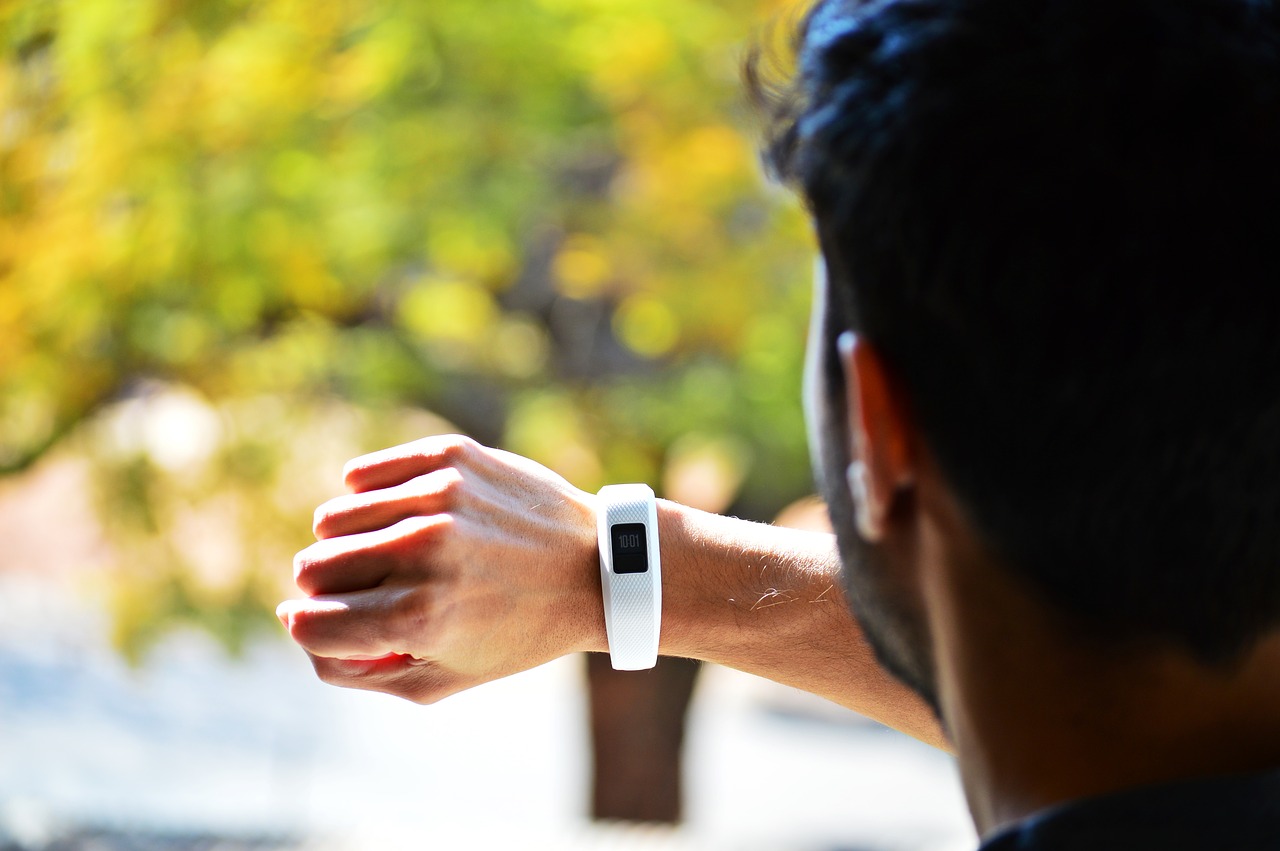
Google has announced plans to acquire Fitbit, the leading manufacturer of wearable fitness activity trackers in the world, for around $2.1 billion.
The deal to acquire Fitbit for approximately $2.1 billion will be one of the largest acquisitions by Google amidst the fast growth of the wearable market. While Google has been producing hardware, such as the Pixel smartphones and Nest devices, it has not made much initiatives into smartwatches and other wearable devices.
Fitbit co-founder and CEO James Park said: "With Google's resources and global platform, Fitbit will be able to accelerate innovation in the wearables category, scale faster, and make health even more accessible to everyone."
The acquisition deal is projected to be completed in 2020.
Google vs Apple in wearables
Analysts were not shocked with the acquisition as there have been previous rumors that Google is launching its own smartwatch to compete with the Apple Watch. Apple launched its wearable biometric tracking device in 2015 on the heels of the success of the iPhone and the iPad.
However, the Apple Watch has not been able to meet the high adoption standards by its predecessors, which experts say makes it questionable for people to pay a premium for a wearable data collecting device. Tech analyst Alan Antin said: "Having a little computer on your wrist, that's cool, but how much extra value is that for most people?"
Data privacy concerns
Amidst criticism over data privacy, Fitbit issued a press release emphasizing on the company's commitment to data privacy, claiming that it will remain transparent about its data collection processes and that it will never sell personal information nor will its health and wellness data be used for Google ads.
Earlier this year, Fitbit lowered its prices on some of its devices and introduced a new subscription service called Fitbit Premium, which provides more in-depth insights about sleep, fitness and overall health. It also lowered its financial forecast for the year after its Versa Lite smartwatch posted disappointing sales.






